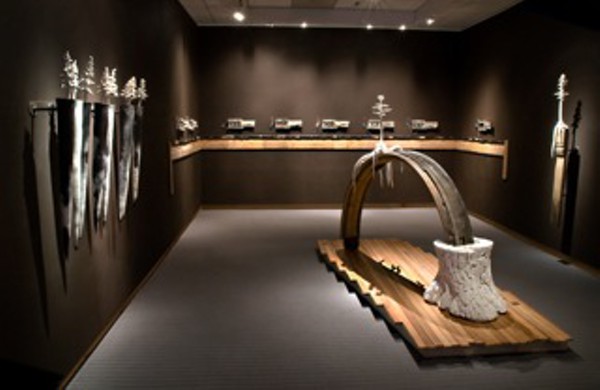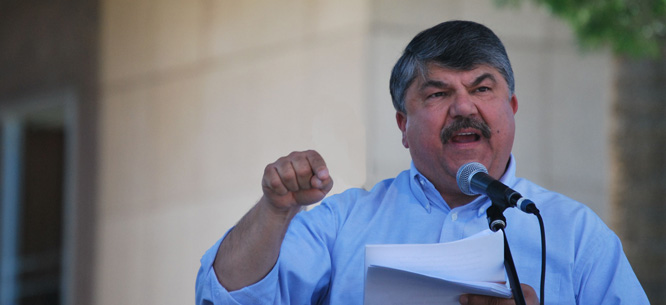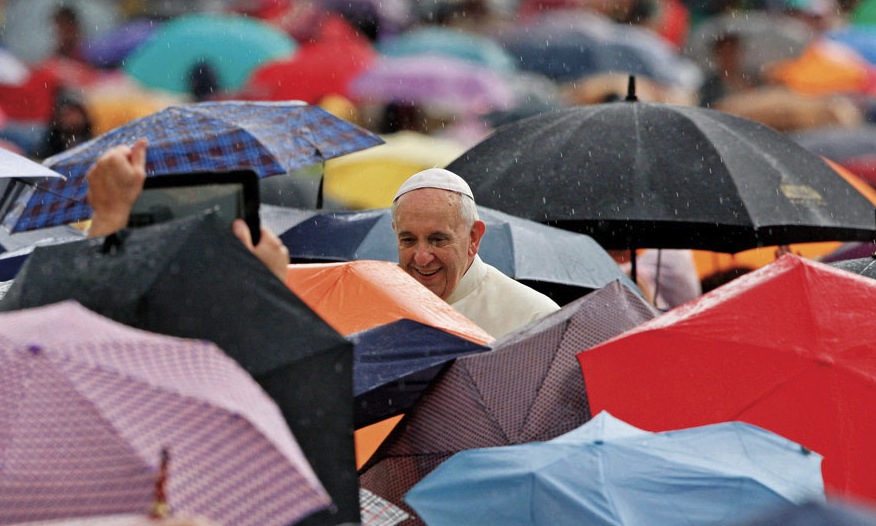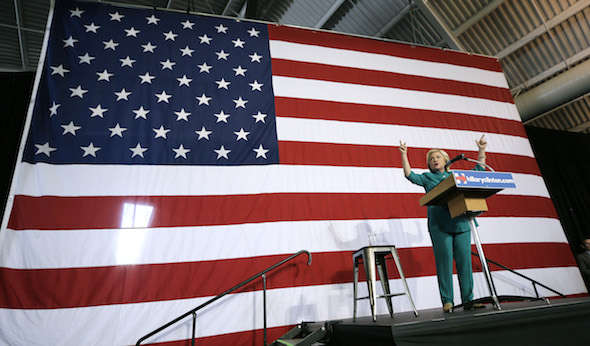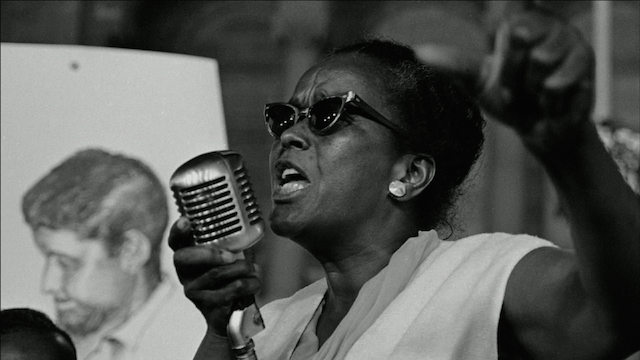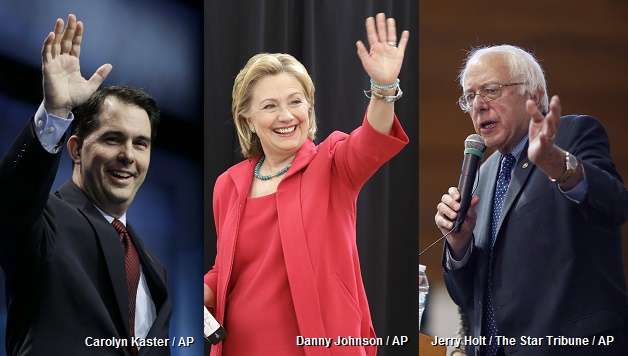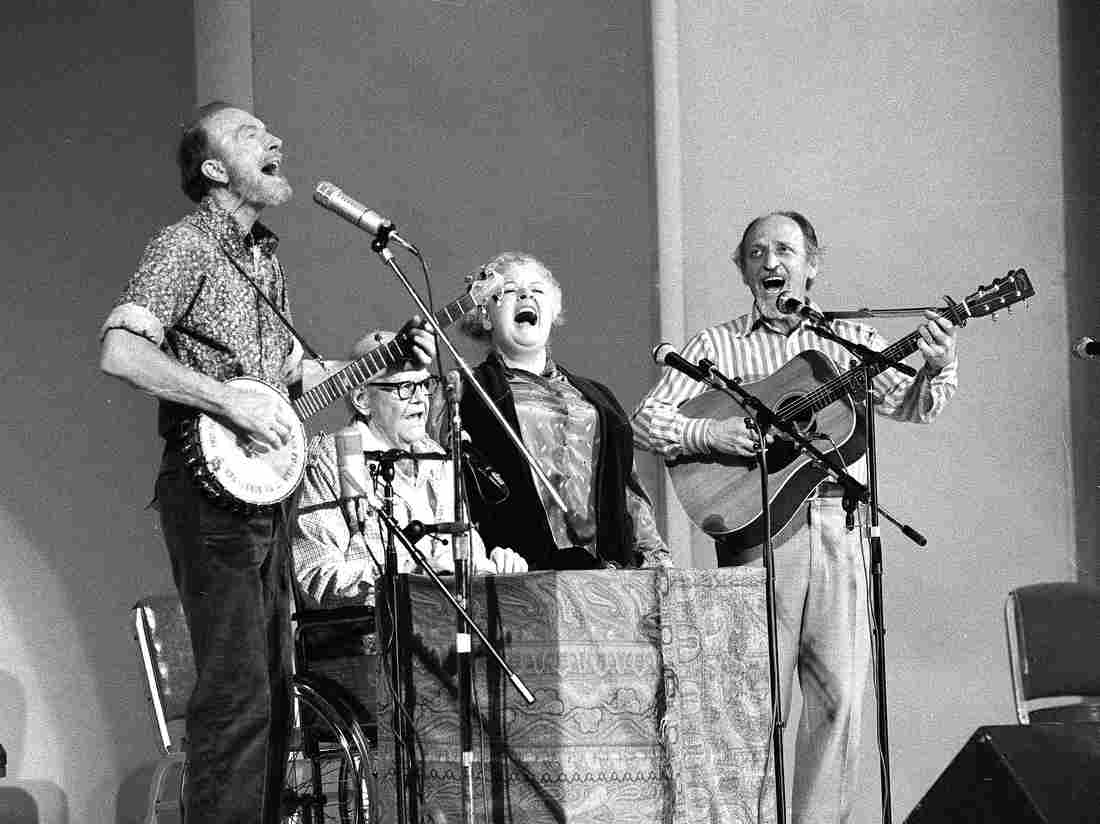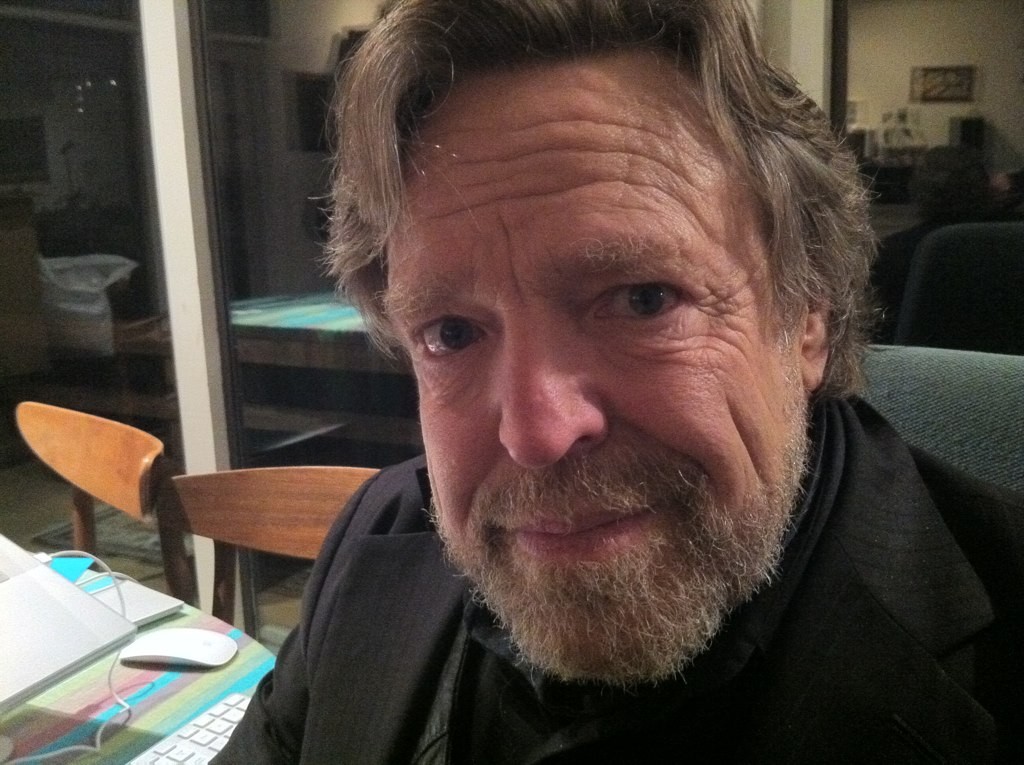On June 2, Rauner announced an initial list of steps he’d be taking in an effort to address what he says is a gap of up to $4 billion in the state’s 2016 budget. His list included closing the 138-year-old state museum, which is run by the Department of Natural Resources, and consists of a flagship museum and research center in Springfield and five satellite facilities. The proposed 2016 museum operating budget is $6.29 million. A DNR spokesperson says most of the museum system’s 68 employees will be laid off when it closes, leaving just enough staff to maintain the collections and buildings.
Curated Links
Austerity Versus Humanity in Detroit and Chicago
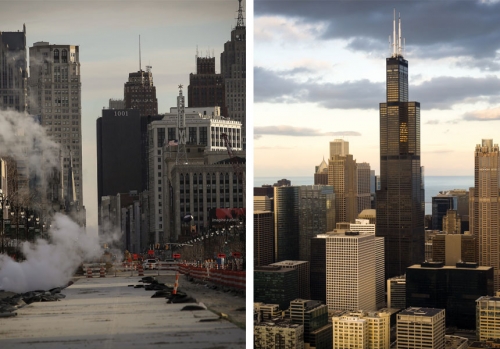
Saqib Bhatti writes that Detroit’s bankruptcy wasn’t inevitable. Neither is Chicago’s. But the austerity hawks don’t want you to know that.
Read the Article: Why Chicago Won’t Go Bankrupt—And Detroit Didn’t Have To – In These Times
The Irony of a Union Win
Michael Kazen writes in Dissent.
The hard struggle the AFL-CIO just spearheaded could become yet another example of a long, ironic tradition in labor politics: When union activists fight for issues that clearly affect large numbers of ordinary people, they often win. But when they try to persuade voters and legislators to defend or expand the membership of their own organizations, they usually lose.
Who’s Afraid of the Big Bad Pope?
Those who profit from what harms the earth have to keep the poor out of sight. They have trouble enough fighting off the scientific, economic, and political arguments against bastioned privilege. Bringing basic morality to the fore could be fatal to them. That is why they are mounting such a public pre-emptive strike against the encyclical before it even appears. They must not only discredit the pope’s words (whatever they turn out to be), they must block them, ridicule them, destroy them.
Read More: Who’s Afraid of Pope Francis? by Garry Wills | NYRblog | The New York Review of Books
The 2016 Bottom Line
Chris Hedges gets to the bottom line of the 2016 U.S. elections.
I intend to devote no more time to the upcoming presidential elections than walking to my local polling station on Election Day, voting for a third-party candidate, most likely the Green Party candidate, and going home. Any further energy invested in these elections, including championing Bernie Sanders’ ill-advised decision to validate the Democratic Party by becoming one of its presidential candidates, is a waste of time. Every action we take now must be directed at ripping down the structures of the corporate state.
Source: Chris Hedges: America’s Electoral Farce – Chris Hedges – Truthdig
Things That Caught My Eye This Week
Here are some links of interest that I ran across this week.
Rauner, Public Unions Not Close On Contracts
The contracts for more than 40,000 Illinois state workers will expire at the end of the month, and their unions and Republican Gov. Bruce Rauner’s negotiating team apparently aren’t close to agreeing on new ones. The impasse has gotten more public attention in recent days, with union members staging nearly 100 protests throughout the state to rally public support to their calls for fair contracts. With the potential for a far-reaching strike or lockout looming, here are things to know.
What Would a Sanders Administration Do on K-12 Education?
The most progressive candidate in the 2016 race has some interesting ideas on public education.
Right-to-Work’s big moment | TheHill
People can reasonably debate the merits of unions or how labor law should balance the interests of employers, employees and labor organizations. But the contemporary push for Right-to-Work, like its historical predecessors, doesn’t do this. Today it is being used to burnish the credentials of aspiring politicians on the right and as a blunt instrument to defund a political adversary. The well-being of employees has always been much further down the list.
The Real Meaning of Obama’s Trade Defeat | Robert Kuttner
The real story here is a deep and principled split between the Congressional wing of the Democratic Party, most of whose members are still fairly progressive, and a presidential wing that has been in bed with Wall Street at least since Bill Clinton and Bob Rubin (who among his many other roles is the mentor and patron of Obama’s top trade official, Mike Froman).
To be an anarchist | Adbusters
When an “entire society,” i.e., almost everything around you, seemingly to the smallest detail, reflects assumptions contrary to your most deeply held convictions about what the world is and can be, merely to persevere in imagining and acting on the assumption of the possibility of another kind of world is, in itself, a monumental and continual effort of resistance.
Barbara Ransby on Black Lives Matter
UIC Historian Barbara Ransby writes for Colorlines about the black-led movement against state violence. In two short paragraphs she describes the essence of late-stage capitalism, coming soon to a neighborhood near you.
The post-industrial era and the age of global neoliberal policies means cities and neighborhoods have been abandoned. Some of the areas where police have recently killed black civilians are reeling from more than 30 percent unemployment. They’re challenged by a booming underground economy that puts participants and bystanders at greater risk of being jailed or killed.
In Chicago’s North Lawndale, in West Baltimore, or almost any neighborhood in my hometown of Detroit, there simply are no jobs and no real grocery stores. There is dilapidated and abandoned housing and dramatically dwindling services. The one problem, from a crude capitalist standpoint, is that there are still people in these post-economic areas but their labor is no longer needed in the steel mills, factories or private homes. These superfluous, redundant bodies are the dilemma of 21st Century racial capitalism.
Read the Full Essay: Ella Taught Me: Shattering the Myth of the Leaderless Movement | Colorlines
Thoughts on 2016
Tony Wilsdon analyzes U.S. politics in flux ahead of the 2016 elections.
The central contradiction of our time is that capitalism is in decline, which means the system’s ability to make concessions has been significantly narrowed. Corporate profitability has been maintained by massively increasing exploitation while in the public sector there is endless austerity. Both major parties lie to the public to get elected, and then do the dirty work of big business once in office. Behind both parties and the mass media lies an elite 0.01% whose massive wealth rests in ownership of shares in big companies, financial institutions and real estate and other assets. They plough money into the two parties to represent their interests. They flood the corridors of Washington with their paid representatives to make sure pro-big business policies are enacted. These corporate-serving politicians from both parties then have to come back to the public with a new story as to why we should put faith in them again. As the cracks grow between corporate politics and the needs of the 99%, so the cracks grow in the political system, and so the opportunities grow to build a new political party of the working class and the poor.
Read the Article: 2016 Presidential Campaign Underway | Socialist Alternative
Rest in Power, Ronnie Gilbert
We sang songs of hope in that strange time after World War II, when already the world was preparing for Cold War. We still had the feeling that if we could sing loud enough and strong enough and hopefully enough, it would make a difference.
Read More: Ronnie Gilbert, Clarion Voice Of Folk Band The Weavers, Dies At 88 : The Two-Way : NPR
My Introduction to Debord
Many, many moons ago, some time in the mid-to-late 1990s, I ran across this interview with Grateful Dead lyricist and co-founder of the Electronic Frontier Foundation John Perry Barlow. It has had a profound effect on my way of looking at things. It was the first I had ever heard of Guy DeBord, whose book The Society of the Spectacle completely reframed my ideas about society, and nudged me down the road to political awakening.
Barlow’s words concerning society and the media are still apt twenty years later, I think.
A brief conversation this morning on Twitter concerning free-range versus helicopter parenting (and the irrational fear that many of we parents now face) prompted me to look for the link. I would highly encourage you to take a look.
Read the Interview: Go Placidly Amidst the Noise and Haste
Photo by Cellanr.
